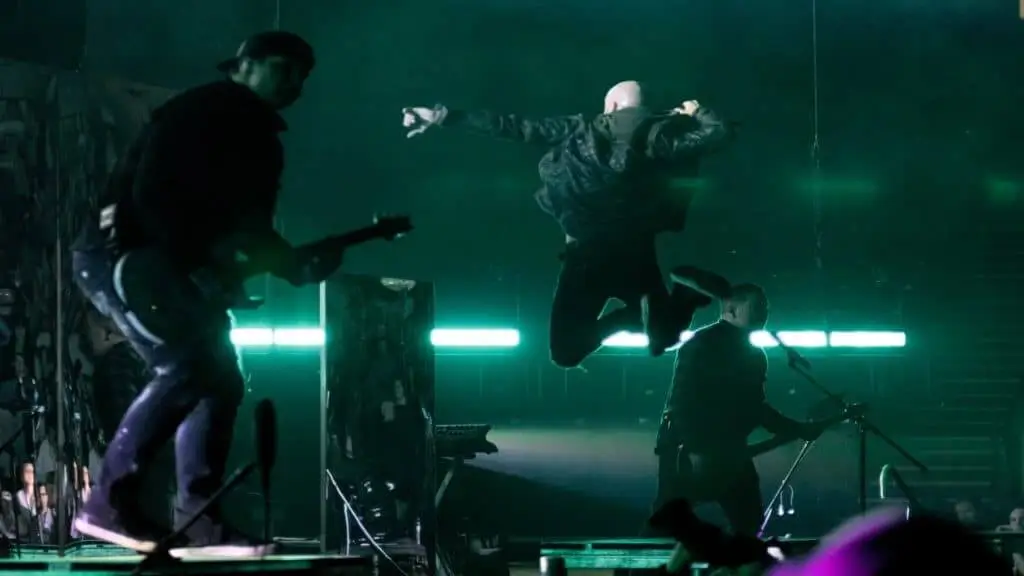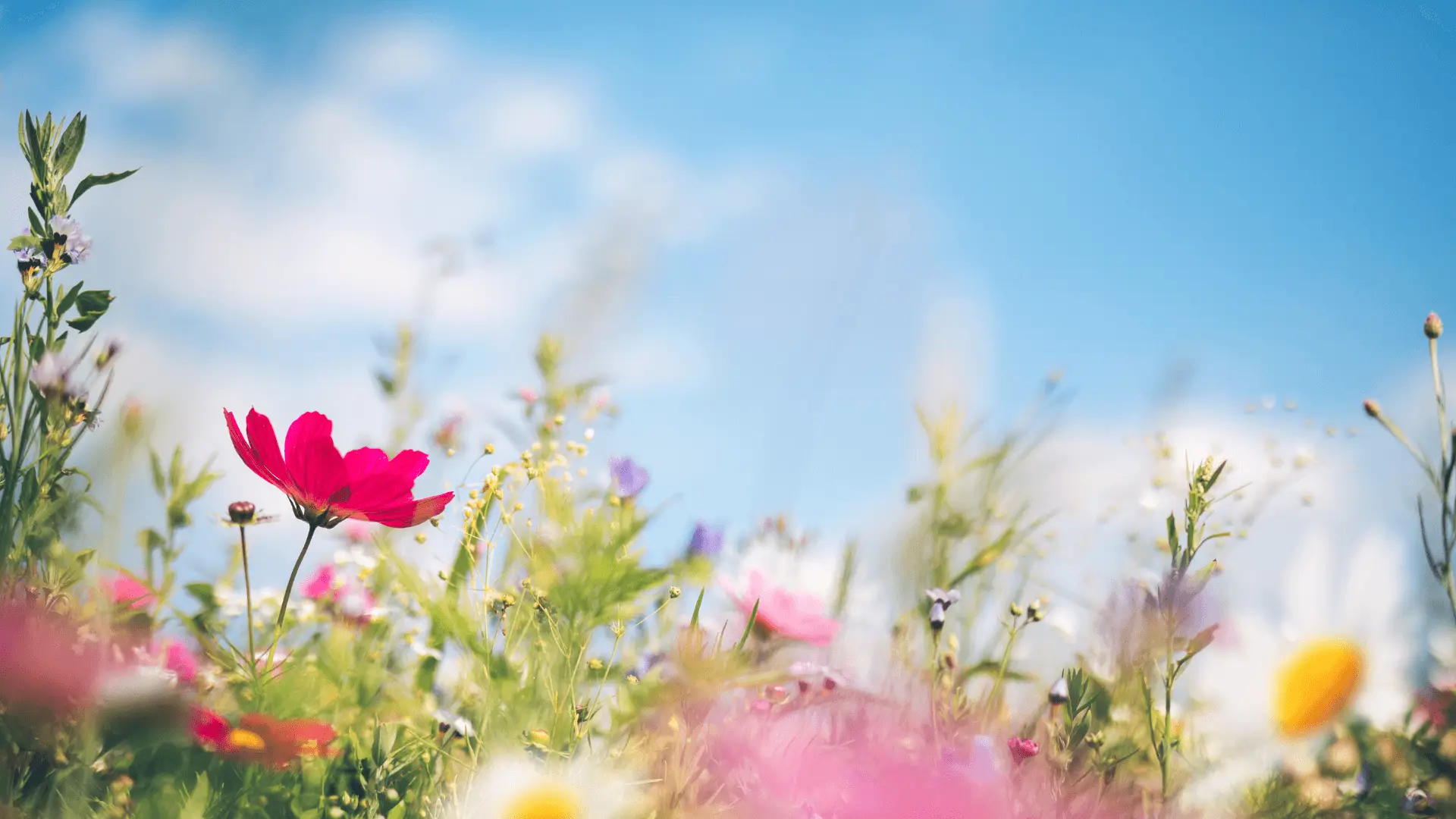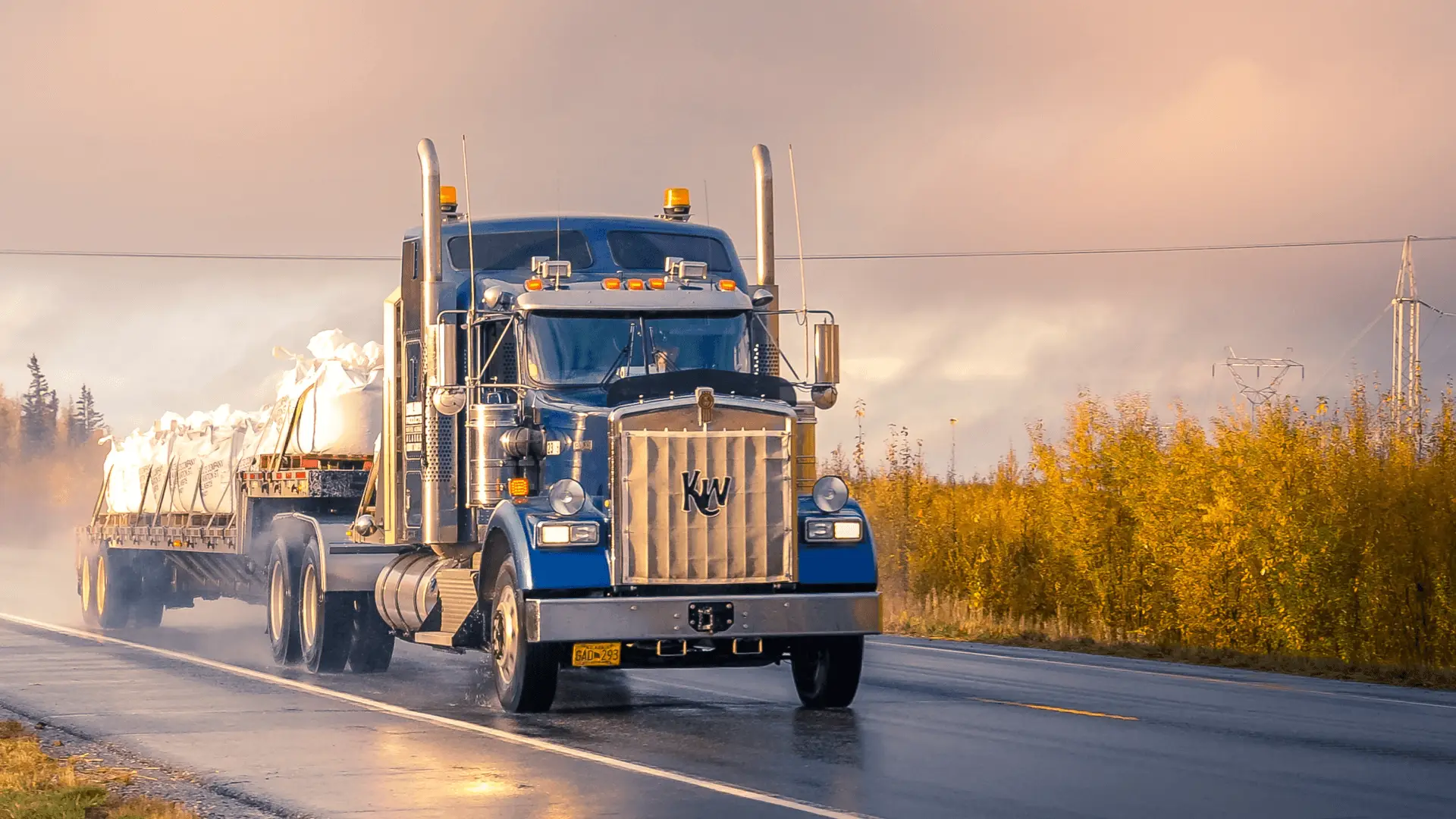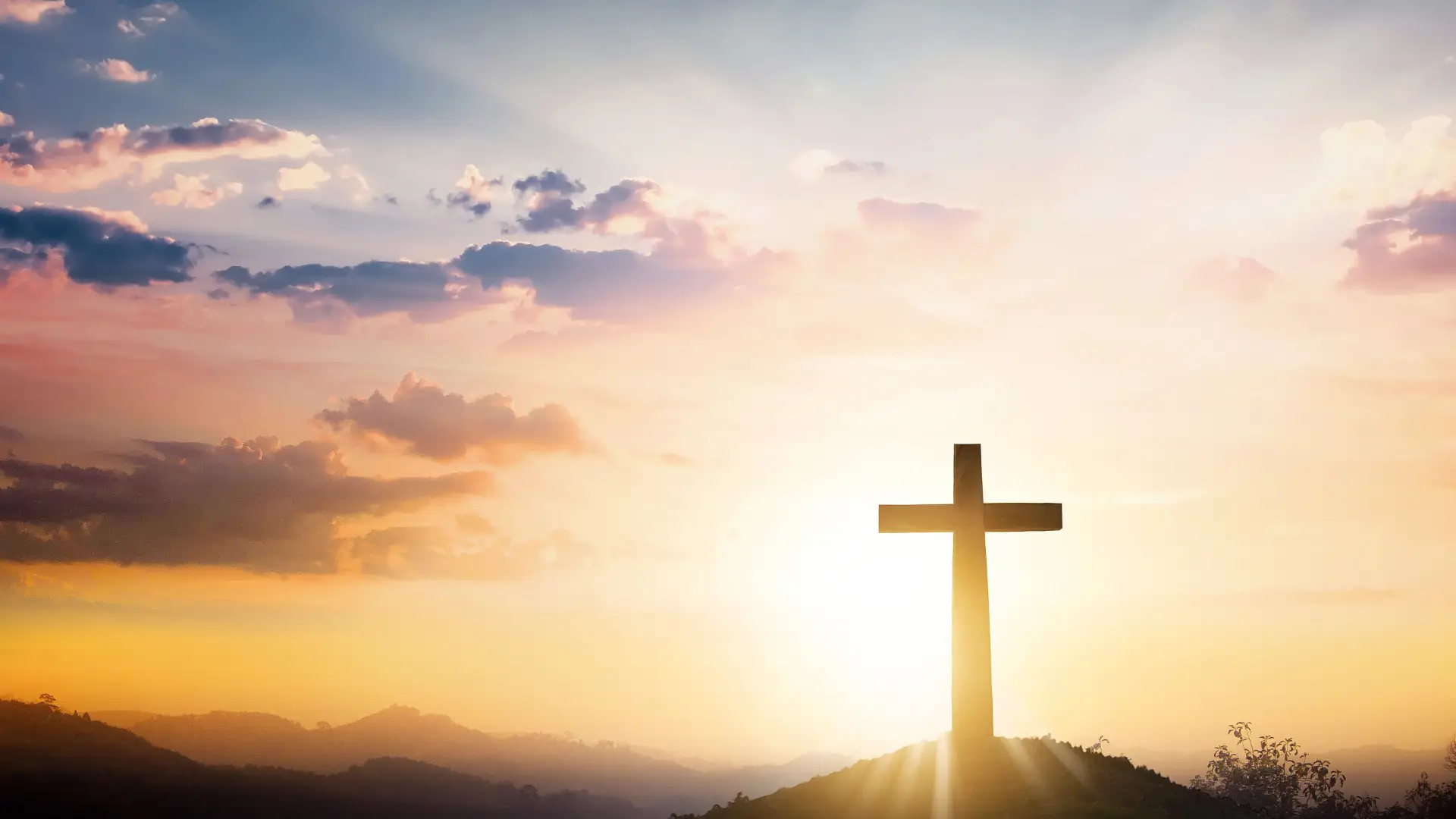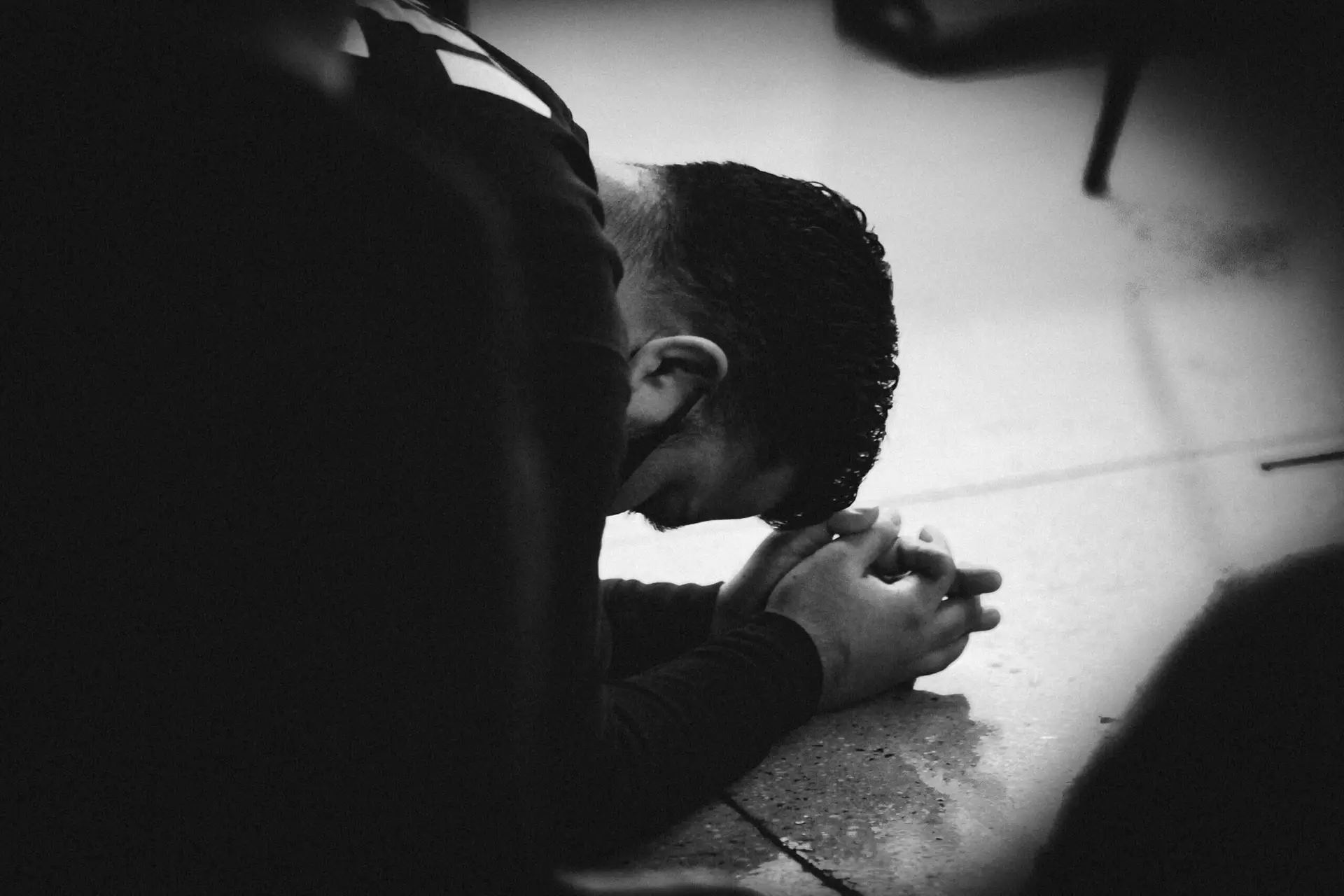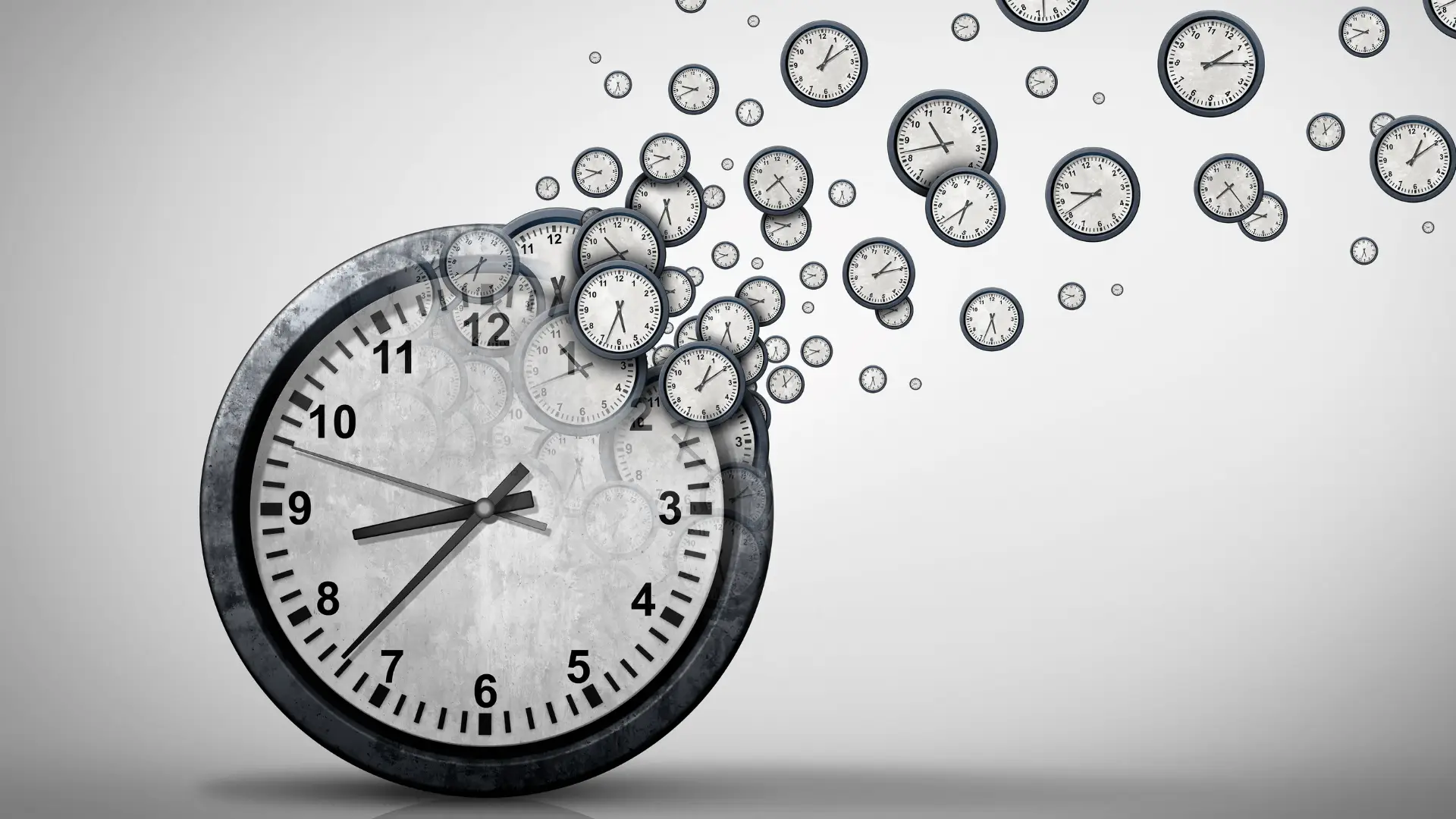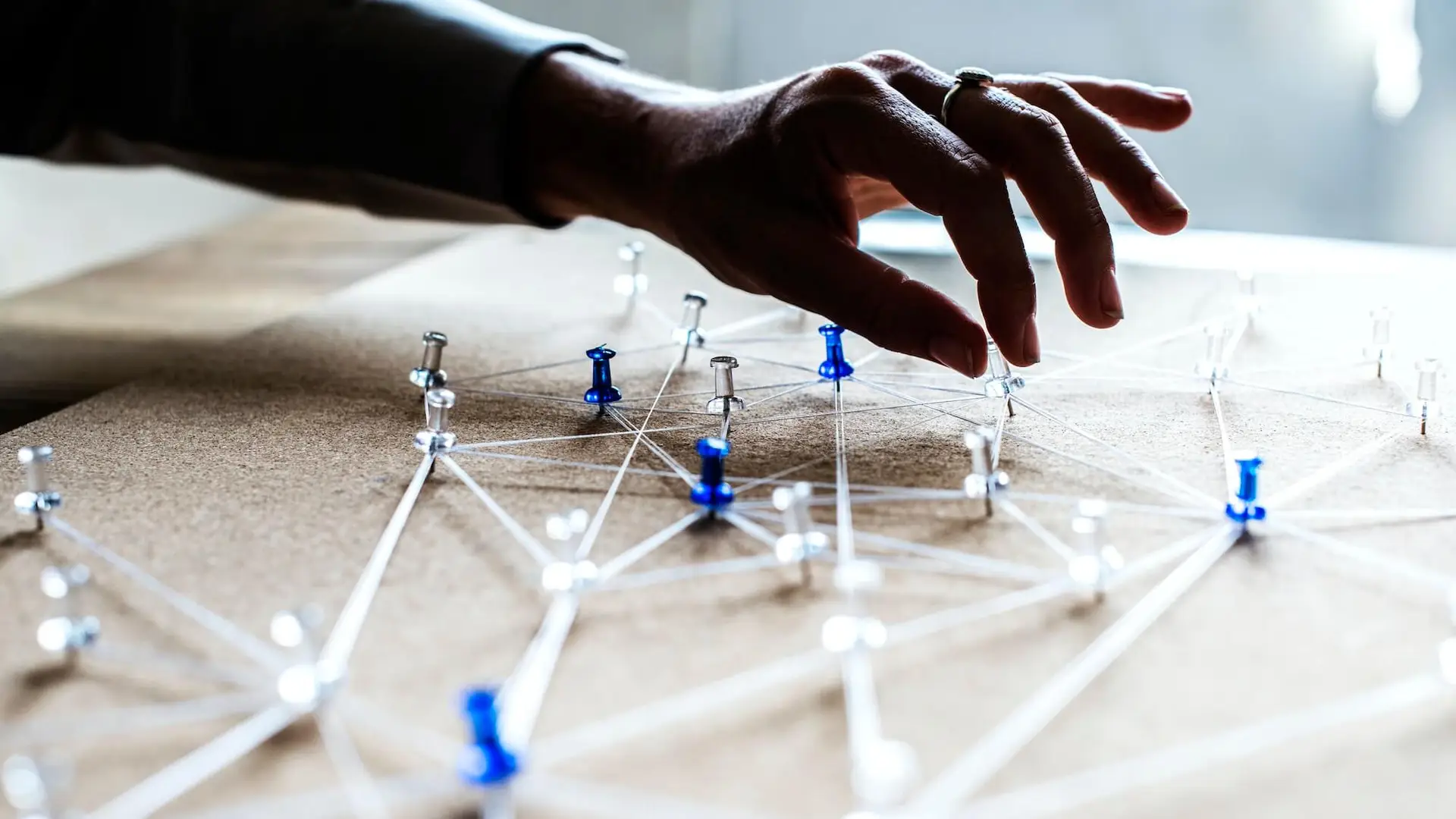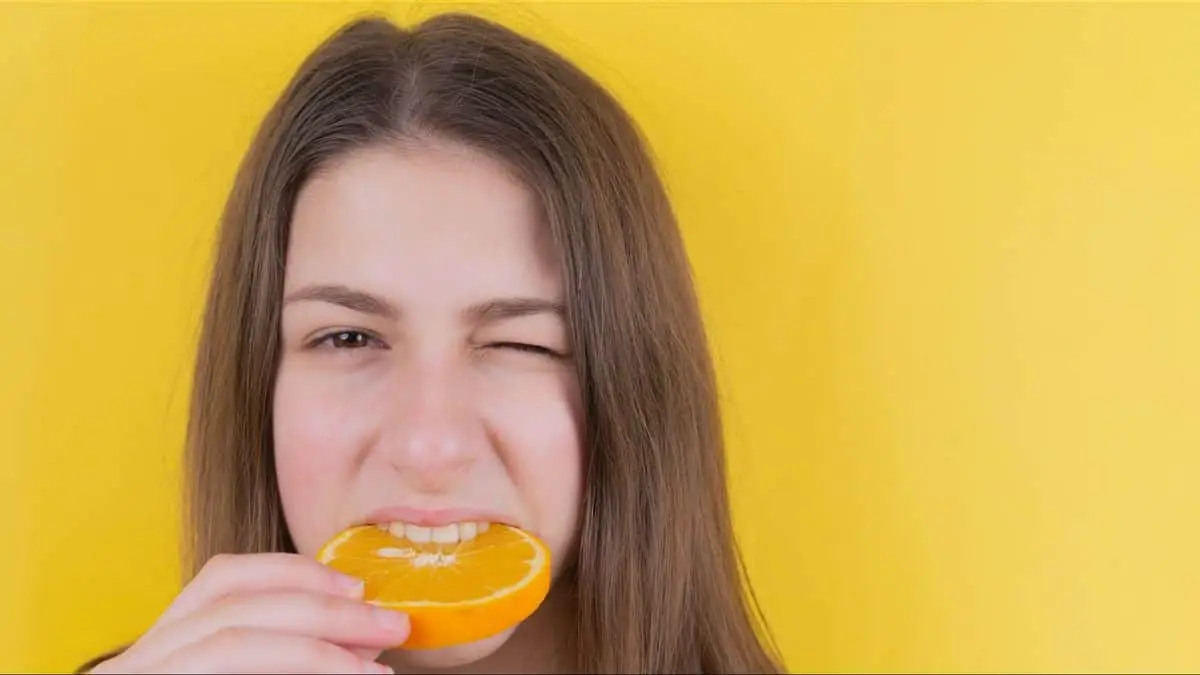Professional doesn’t mean perfect…what a mind-blowing concept for me. I almost always get positive responses from my work, but all I see are the issues – the places each image is flawed.
My boyfriend (also a photographer) watched a YouTube video last week by a professional big-name photographer. He was talking about how no one ever shows all of the images they didn’t keep; that they only show the best ones. He gave an example of a football game he shot. Out of thousands of images, he only got 30 that he really loved.
Actually, with most shoots, my track record is higher than that (and his probably is too, most of the time). This past summer I shot an Indian dance recital and probably shot about 4,000 images. After editing, I had over 500 that I thought were pretty amazing shots.
I’m sure that his images are better straight out of the camera than mine are, as he has a lot more experience than I do, but it still proves the point… the amazing photos you see on your computer screensaver, on professional photographers’ websites, and used in advertising are amazing because of several things coming together at once:
- Knowing how to manipulate your camera’s settings to get the look you want
- Taking lots of images in order to get that single great one
- Knowing what an amazing photo looks like so that you recognize it when you are culling
- Experience with editing and taking the time to make each photo look its best
- Knowing what an amazing photo looks like so that you can get there when editing
- A good degree of luck such as being at the right place at the right time
Note that I didn’t mention great camera equipment on that list. I’m with the majority of professionals that say it’s more the photographer than the equipment that makes a great photo. It’s often compared to a great typewriter writing a classic novel; it’s the writer that writes the novel and not the typewriter.
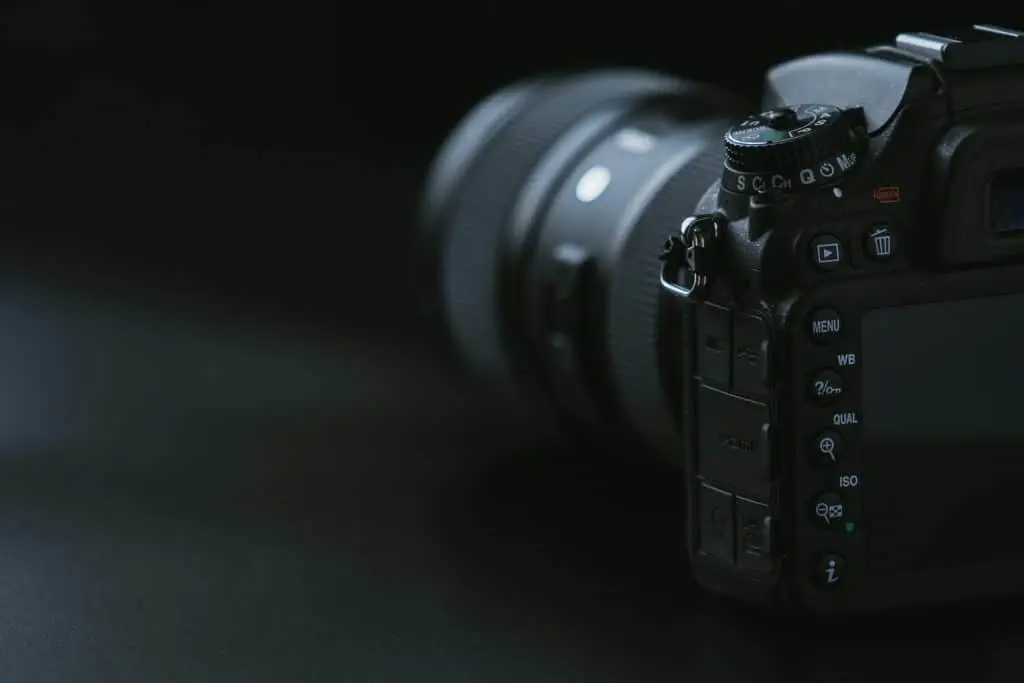
That said, there are many specific scenarios where professional equipment (even memory cards) does make the difference. If you don’t have a lens with a low f-stop, there’s no way to capture low-light images without a lot of noise in them. If you don’t have a high-speed SD card, it’s impossible to get a rapid-fire series of action shots. If you don’t have a flash that can bounce off the ceiling and/or a diffuser of some kind, in some situations, it’s just impossible to eliminate shadows.
These are just a few of the situations where equipment does matter. But if you know what you are doing, you usually can make the best of any equipment to get the image you want.
Back to “perfection”. I’m a perfectionist. I have been for as long as I can remember. I have actively worked to make myself become less anal about everything for my health and well-being. But it still creeps in there, especially on anything I’m doing for someone else – like photography. Being a perfectionist can be an asset, as I know that it’s part of the reason my images look as good as they do.
It’s when I can’t let it go that it becomes a problem. If I judge my work by the fact that it’s not perfect, then I have no confidence when it comes time to pitch my company to a new client. If every photo being perfect is the goal, there will be no time to sleep, as I would have to edit every minute I’m not shooting. Actually, if being perfect is the goal, I would have given up a long time ago because I’ve been doing this for 30+ years and I’m still far from perfect.
Plus, sometimes a great shot is much more than being technically perfect. I have incredibly non-perfect images of my child growing up that I wouldn’t trade anything for. The studio image I had taken of her when she turned one is horribly off-center. That fact bugs me every time I look at it but the smile on her face and how cute she was at that wonderful age is much more important.
I have pictures of pets I’ve had throughout my life that are blurry because he/she was running and I hadn’t yet learned to pan the camera to compensate. But they are still priceless as some of those animals I didn’t have for long.
Sometimes there are issues that no photographer can control – one extreme scenario like a sports event where half the field is in bright sun and half is in shade. You click the shutter at the perfect moment – at the height of a jump or as the ball is caught in one hand and you can see the joy in the player’s face in the shot. But the player is right at that dividing line and no matter what you do in editing, half of the image is either blown or black.
It might be an image I keep anyway – because of capturing that memory of that joy for that player. After all, the moment in time can be remembered better with a photo, even if it’s technically far from “perfect”.
I’m working on learning that being professional is mostly a state of mind (other than the strict definition of “professional” as being paid to do something). I will always strive to be the absolute best photographer I can be in any situation. I will always work really hard to make the images I take as close to perfect as possible. But I have also got to realize that even though I’m not perfect, and actually never will be, I’m still very much a professional – and that’s good enough.
The featured image of this blog is an example of one of my flawed but usable photos, but it’s those imperfect moments that help us grow.
This article was originally posted here at CMbTPhotography.com. If you’d like to see your writing published here on the Dogwood Journal, click here and submit your story.
